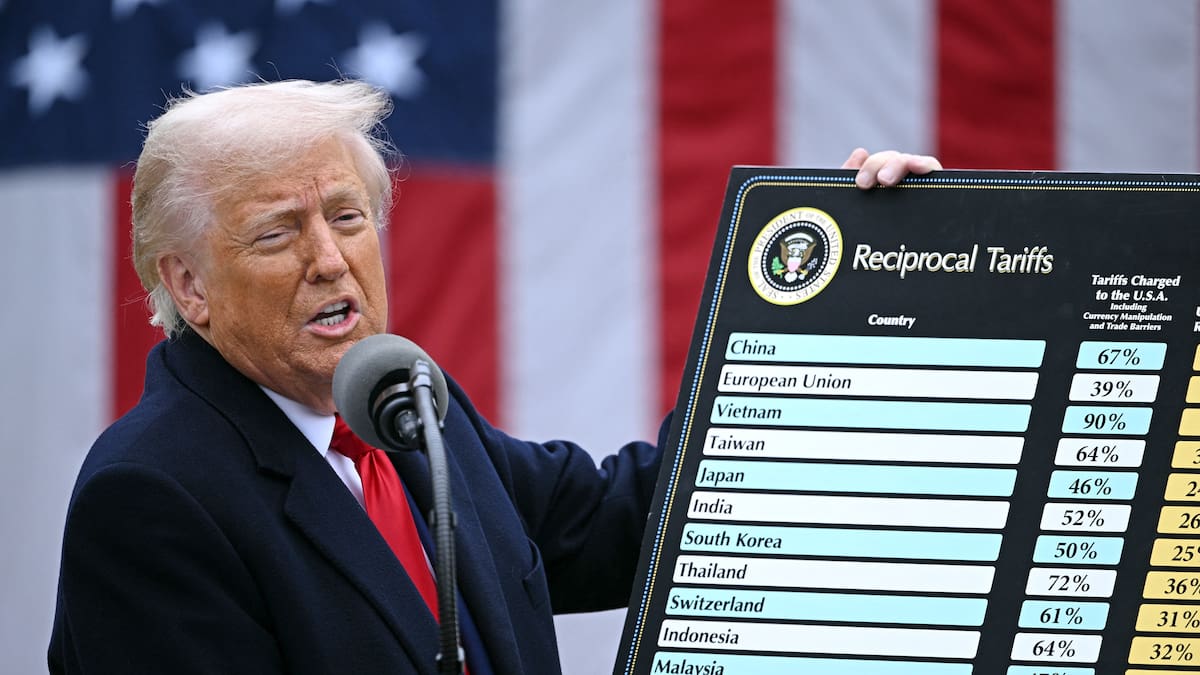“Consumer confidence remains very subdued and, while we are seeing recovery first in the regions, it is not at the pace one would expect given the dairy payouts that historically provide the stimulus,” says Mitre 10 New Zealand boss Andrea Scown. “Our own customer insights point to a savings mindset. Folk don’t feel out of the woods yet.”
Andrea Scown. Photo / Dean Purcell
Another CEO adds: “My sense is the economy is very gradually improving, but it is slow. New Zealand feels like it has turned the corner, and things are improving, but we will need to see more evidence of this.”
Independent chairman Craig Stobo says the shift underway is structural as much as cyclical: “The required painful adjustment from debt-fuelled central government expansion to a private-sector, export-led recovery is underway. The business moods in Wellington and Wyndham are very different as a result.”
Institute of Directors chief executive Kirsten (KP) Patterson adds: “We have progressed from survive to 25, to survive through 25, and are now facing ‘not yet fixed in 26’.”
Tariffs, tensions and a global drag
CEO optimism in the global economy has also slipped, dropping from 3.06/5 last year to 2.63/5.
Executives cite international trade tensions and geopolitical volatility as major headwinds.
“It feels like the global economy is still deep in the tariff tailspin,” says Tourism Holdings CEO Grant Webster. “Internationally, I think the uncertainty and disruption caused by the US tariffs will offset underlying improvements.”
Tourism Holdings Limited CEO Grant Webster. Photo / Supplied
Pan Pac Forest Products managing director Tony Clifford points to China as a persistent drag on sentiment. “Soft market demand, driven by poor housing capital returns, was already evident before tariff wars exacerbated the situation,” he says.
Another CEO, recently returned from international travel, stresses that New Zealand’s challenges are not unique. “Most economies are in a similar state as our own – in fact, New Zealand is faring far better than many other countries.”
Others remain cautiously hopeful. “Hopefully, New Zealand is turning the corner and has already been through the worst of the economic reset,” says an investment boss. “The biggest risk is that, as a small open economy, we are knocked off course by the general deterioration of global trade rules and multilateralism.”
Several warn that geopolitics remains the wildcard. “The twin threats of geopolitical risk and the adverse effect of Trump’s ‘Liberation Day’ tariffs have made the global economic outlook much less certain,” says Roger Partridge, chairman of The New Zealand Initiative.

